A two-day training session for officers of the National Police of Dnipropetrovsk region has begun at the Dnipro State University of Internal Affairs. The event is focused on best practices for interacting with children who have become victims or witnesses of criminal offenses, as well as minors who have committed crimes themselves.
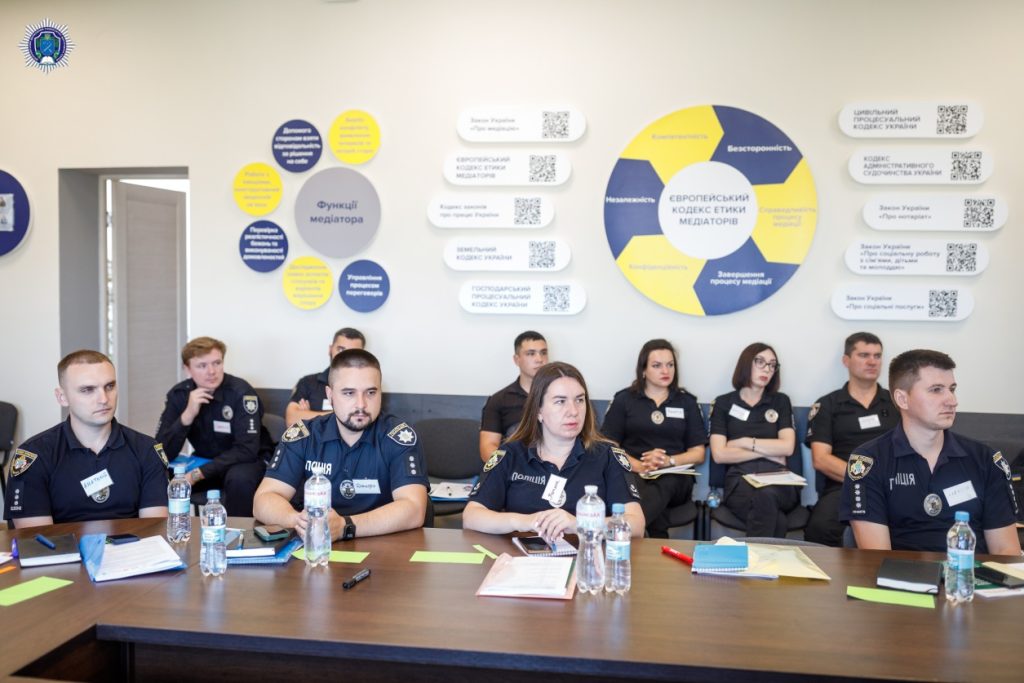
The training is supported by the United Nations Development Programme (UNDP) in Ukraine and funded by the Government of Denmark. Co-organizers include the charitable foundation “Slavic Heart” and the Juvenile Police of Ukraine.
The training was officially opened by the First Vice-Rector of DSUIA, Ihor Mahdalina, and the Rector’s Adviser on Gender Issues, Doctor of Law, Professor, and Honored Lawyer of Ukraine, Larysa Nalyvaiko.
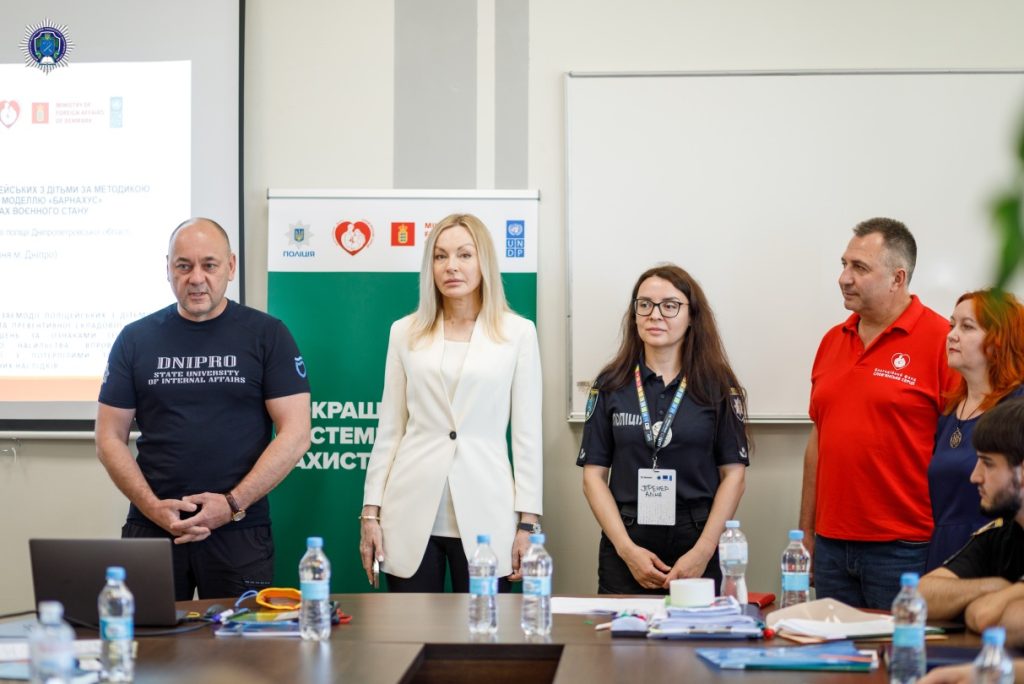
The theme of the training is “Features of Police Interaction with Children Using the ‘Green Room’ Method and the ‘Barnahus’ Model, Particularly in Wartime Conditions.”
The aim of the event is to enhance the awareness and professional competence of law enforcement officers in applying the “Barnahus” model and the “Green Room” methodology, with particular emphasis on challenges related to martial law.
Participants include officers from juvenile prevention units and investigators authorized to handle cases involving children.
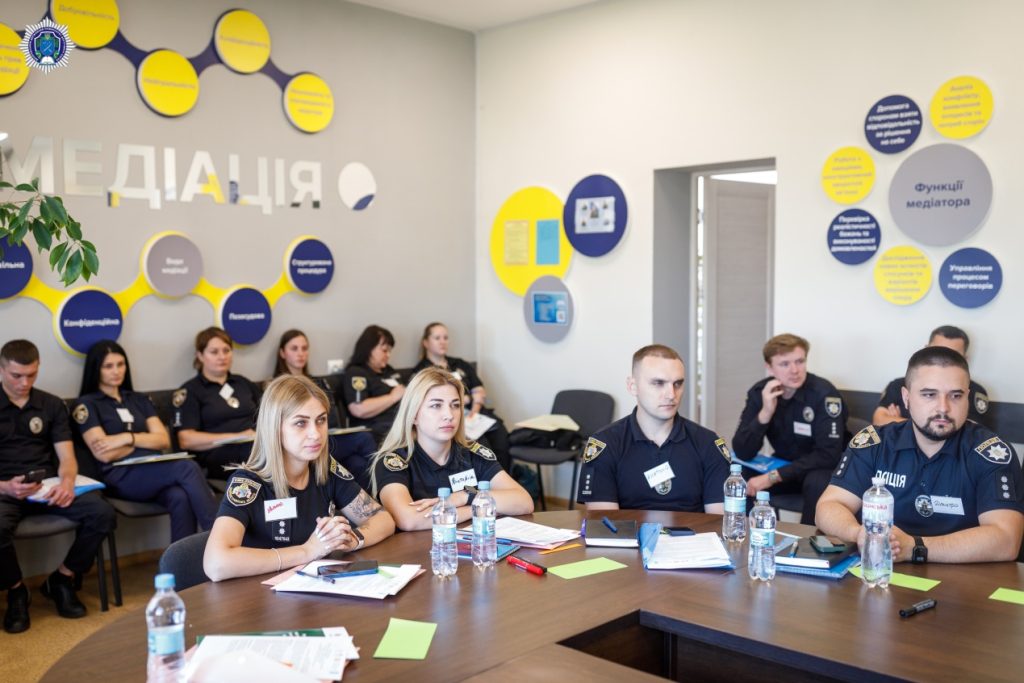
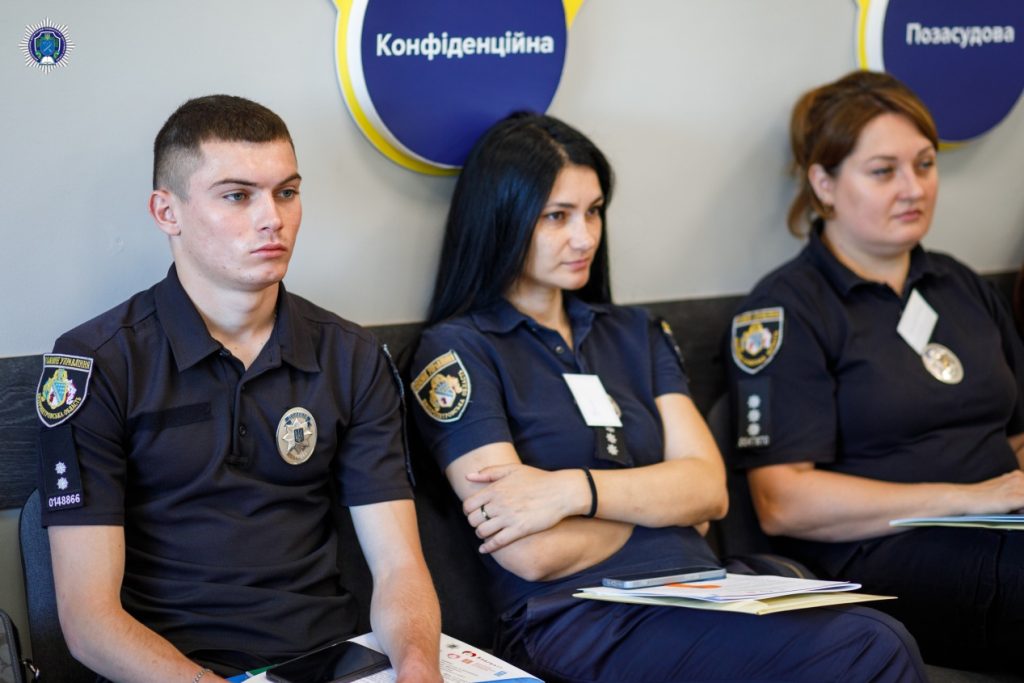
The training program covers national and international child protection standards, child-centered approaches, interviewing and interrogation procedures tailored to the age and psychological characteristics of minors, and strategies for providing initial psychological support to child victims.
Trainers:
• Alina Harkusha – Associate Professor of the Department of Criminal Procedure at DSUIA, Candidate of Legal Sciences, Associate Professor, and Police Major;
• Oksana Don – Psychologist, Art Therapist, Expert with the Israeli Trauma Coalition, and Coordinator for Work with Children and Adolescents at the NGO “Crisis Psychological Assistance in Dnipro and the Region.”
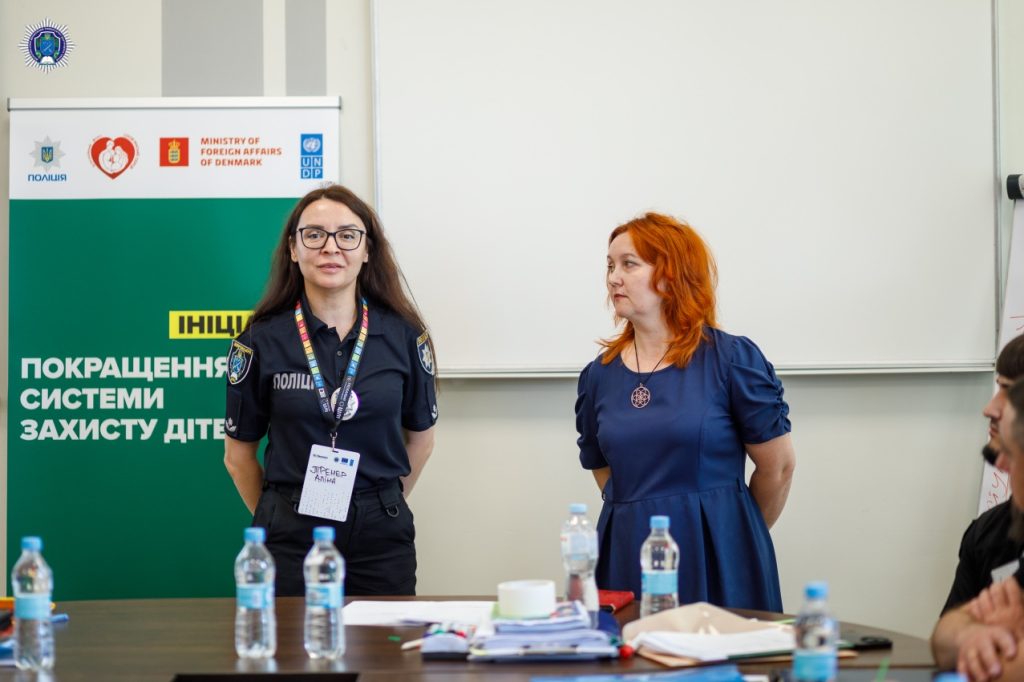
Throughout the training, participants will engage in theoretical and practical sessions, interactive exercises, case studies, simulations, and reflective discussions. Topics include the psycho-emotional state of children affected by violence, the psychologist’s role in working with traumatized minors, child-centered policing, and restorative justice practices involving juveniles.
— 251

